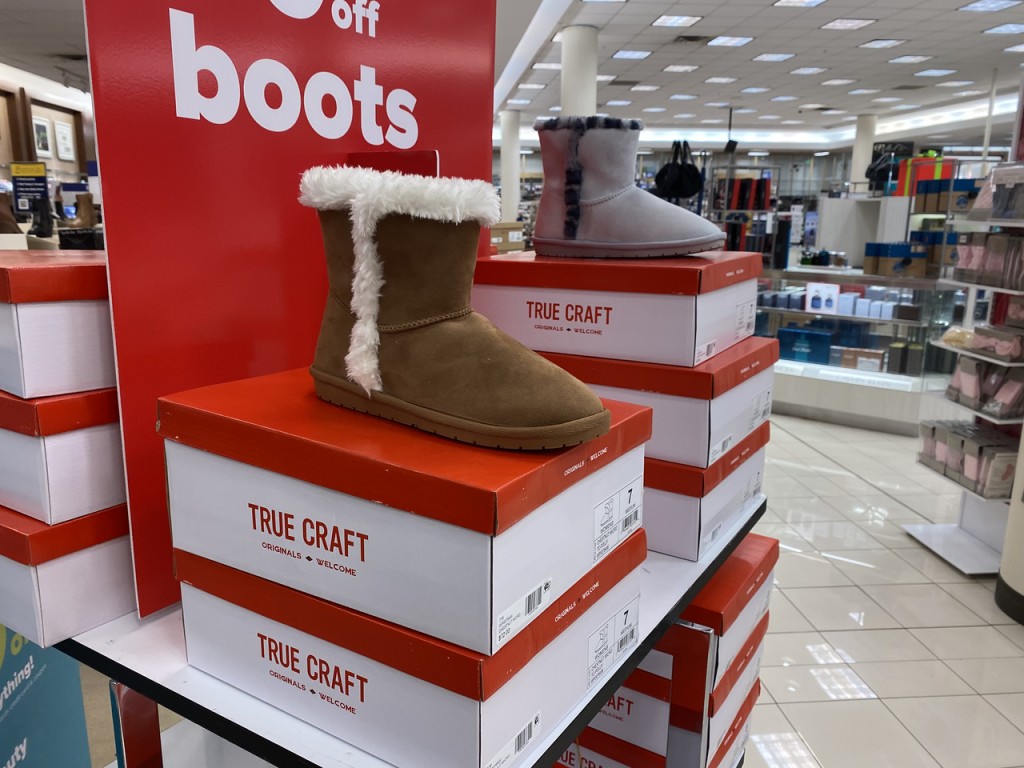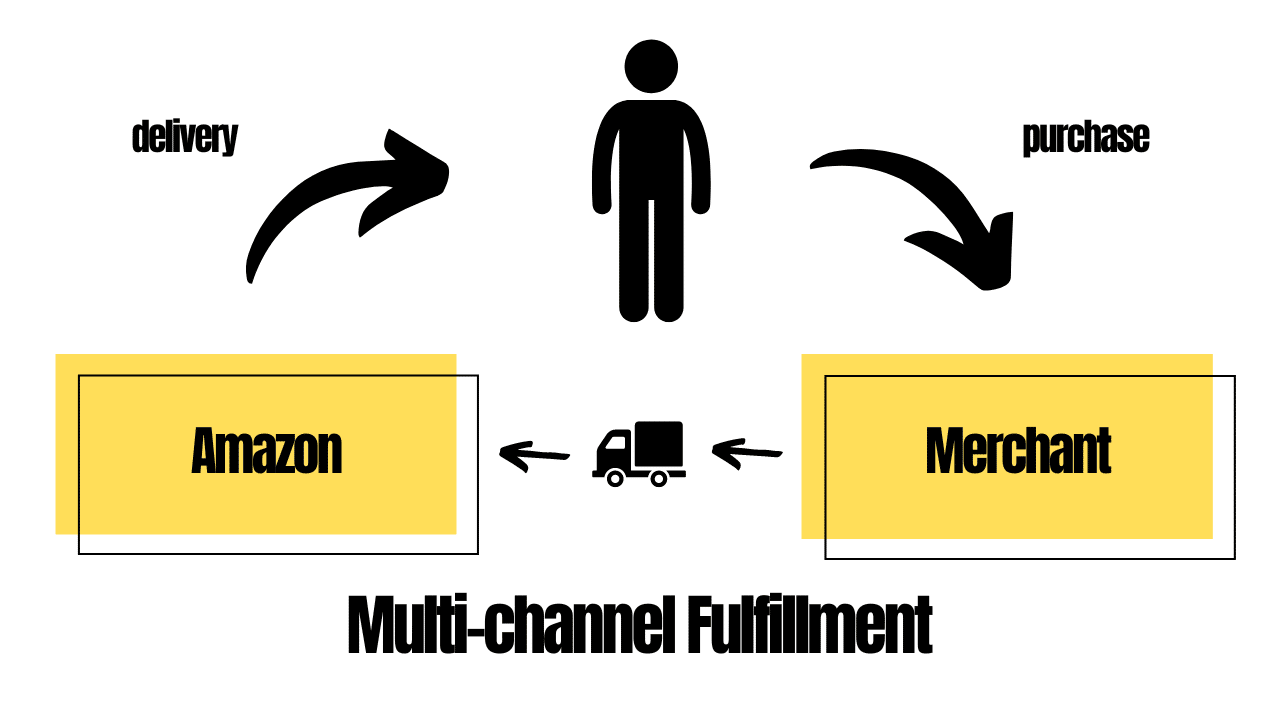
One of the best ways to save on groceries is to change your shopping habits. A simple change in the products you purchase can cut your grocery bill by 30% to 50%. Instead of using coupons to save money on shampoo, you can buy shampoo from a store and reduce your grocery bill by 30%. Clark Howard, a money expert, suggests switching to store-brand shampoos and conditioners. This might be difficult for some people but it's worth a try.
Weekly sales
Shopping sales are a great way to cut the grocery bill. Building a pantry for your entire family can help you save money. With your pantry food, you can plan ahead and prepare your meals. You can save weekly grocery money if you know how to search for the best deals. Keep reading for more ways to save at the grocery stores. Here are some ideas for weekly grocery savings
Deals
Many of us spend our monthly grocery bill as the largest expense. The grocery bill is a major monthly expense for many of us. This is why bargain hunters look for ways to save money at our local grocery stores. Denver Metro Weekly offers weekly deals at Denver's most popular grocery stores. While buying in bulk isn't always cheaper, you can take advantage of coupons and cash-back apps to get even bigger discounts.

Coupons
Coupons are the best way to save money on grocery shopping. These coupons may be in the form either of digital coupons, printed-outs, or loyalty cards. Finding the right coupons is the first step to using coupons. Coupons are a type of currency. It is worth collecting as many coupons as you can. Once you have enough coupons, it's possible to search for sales and other deals at different stores. Weekly grocery store flyers are a great place to look for sales and special offers.
Generic Brands
Generic brands can often be more economical than store-brand products. In fact, some brands cost 40 percent less than store-brand products. Consumer Reports found that generic brands were more cost-effective by up to 27 percent than their namesake counterparts in a recent study. Here are a few examples. Let's look at them all to see if they offer savings on grocery shopping.
Buy seasonally
It's a great way for you to save money on groceries by buying fresh produce when it is in season. There are many benefits to purchasing fruits and vegetables during the season, and you can save money on a wide range of items. You also get more nutrients from the produce. For maximum savings, it's important to shop for produce during peak seasons. The peak season for most types and varieties of produce is usually the summer months.
Use food you already have
The best way to save money on grocery shopping is to make use of food you already have. It is possible to have leftover vegetables or bacon that you can use for a meal. You can also use some of the ingredients in your refrigerator and freezer to make a meal. This will allow you to save lots of money. By planning meals ahead of time, you'll be able to use up the food you already have.

Use technology to get the best price
Grocery shopping should be an integral part every household's life. Finding the lowest prices is becoming more important with rising food costs. You can avoid sticker shock at checkout by comparing prices in different stores and finding the best deals using apps. Here are some tips that will help you save money when shopping for groceries. This guide is based on the experiences of other shoppers.
FAQ
Do you think it is worth signing up to receive rewards and insider information wherever you shop?
Rewarding yourself with great rewards is great but not always worthwhile. When you do sign up to an online program, ensure there is value. Be sure to know what you will be spending your time and money on.
Don't sign up for rewards cards just because they offer a signup bonus. Sometimes these signup bonuses are not worth the hassle.
Ask yourself why you are interested in joining rewards programs before you sign up. Many people join because their friends are doing the same thing. If you don't have an interest in the company's products and services, you won’t be able to stay with it for long enough to reap the rewards.
What are the reasons I shouldn't believe all the hype about sales in online and offline shops?
Sometimes, sites will overstate the starting price of an object to make you appear to be saving more. Make sure to add the item you are interested in to your shopping cart so it doesn't get lost. Then, search Google for the designer name and type of product that you are searching for. The amazing deal that you thought you were getting may not be so great after all. It is possible to get the same item at a cheaper price.
Do you think it's important to use coupons at grocery stores?
Coupons can save you money, so it is worth using them. But, you should remember that not all coupons are created equal. It is best to match coupon prices with sales prices.
Coupons can be stacked together to maximize savings. Two $2/1 coupons can be combined to make a $4/3 coupon.
Statistics
- The vast majority only change a password to protect privacy a few times a year (27 percent) or, more likely, never (35 percent). (pcmag.com)
- Beyond that, you'll be liable for a 25% import tax. (makeuseof.com)
- An approximately 90% increase in price affords Hotel X the opportunity of extreme profits under severe circumstances. (dos.ny.gov)
- The tax is automatically added once you click the checkout button, so factor in an additional 20% when looking at the product page. (makeuseof.com)
External Links
How To
How to shop online safely
Online shopping can be one of the most convenient and cost-effective ways to purchase goods or services. This convenience comes at a cost. While online shopping offers many advantages, there are also some risks. Identity theft is the most serious risk. Identity theft is the greatest threat. Identity thieves steal your personal information (names, addresses and credit card numbers) in order to either steal money from you, or take out fraudulent loan against your name. They then make a profit by selling your stolen information on a black market. These are some tips that will help you stay safe when doing business online.
-
Secure websites are recommended. SSL encryption is offered free of charge by many online stores to protect customers’ information. You can only see the information that you entered, such as names and addresses or credit card details. It makes it impossible for anyone to read what you input. Check that the certificate has been issued by a recognized CA before you decide which online store you want to do business. When browsing, look for the padlock icon in the URL bar.
-
Don't give away your password. When you sign up to a new account, an email will usually ask you to confirm your email address or username. These credentials must not be shared with third parties. Also, don't write them down anywhere because if someone steals your wallet, they could access your accounts too! Instead, keep them safe on your computer. You should also change your passwords regularly - every three months is recommended.
-
Keep track and keep track of your orders. You should keep track of all the places you send items, whether you are sending them to yourself or others. Many people fall prey to fraud by believing that they sent something to themselves but it was actually sent to someone else. Always check the tracking number before you pay for shipping. Do not ship anything without proof that it was delivered. If you're unhappy with the service received, please contact the company immediately.
-
Make sure you know who your dealings with. Websites will often ask for sensitive information like your full name, date, birth date, Social Insurance Number and bank routing number. These details help them identify you, so be careful about giving them out. Google "what does the website need" if you aren't sure if it needs these details. You will find plenty of information.
-
Be wary about pop-up windows Many websites will bombard you daily with pop-ups offering special offers, discounts, and other products. Some ads are legitimate but some are intended to trick users into divulging private information. For example, an anti-virus program may ask for your credit card number, bank information, and social insurance numbers. Don't click on any links that seem suspicious to avoid being tricked.
-
Phishing scams are to be avoided. Phishing scams are where hackers pretend to be reputable companies in order to trick customers into giving their financial information. Phishers often create emails that look like they come from banks or retailers, encouraging users to log in and update their account information. The hacker can access your finances once you have given your personal information. Hackers have the ability to empty your bank accounts or transfer money between accounts. You can find many resources on how to spot a phishing scheme, including How To Spot a Fake E-mail Scam.
-
Do your homework. Before signing up for a deal, always read the fine print. It is important that you understand and agree to the terms and conditions of any contract. Take the time to review all terms and conditions carefully. To save money, avoid paying hidden fees.
-
Shop around. You shouldn't be afraid of shopping around. Compare prices from different websites until you find a good deal. Compare shipping costs for multiple items. Shipping rates vary greatly depending on which website you use. For fast shipping, it's worth paying an extra.